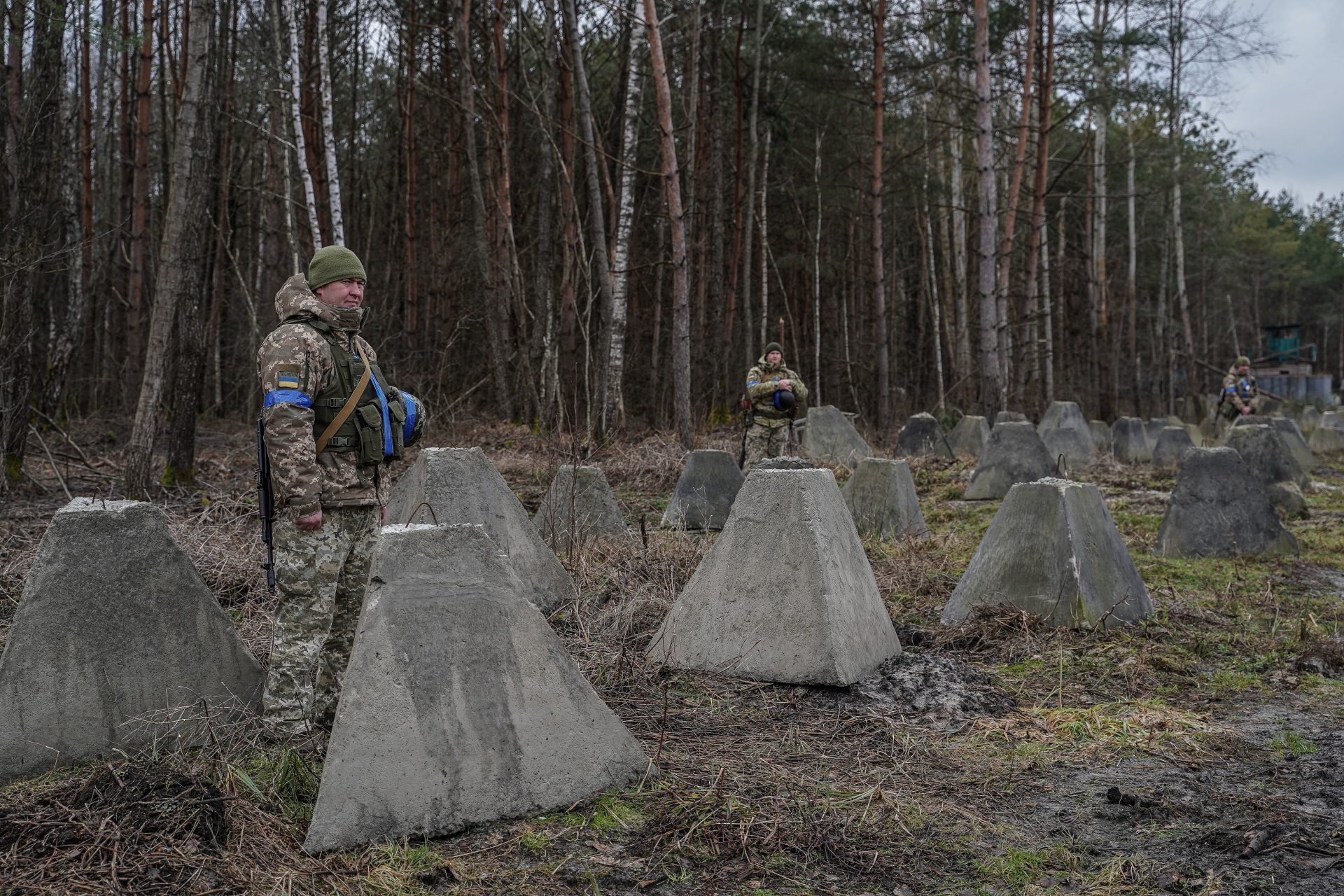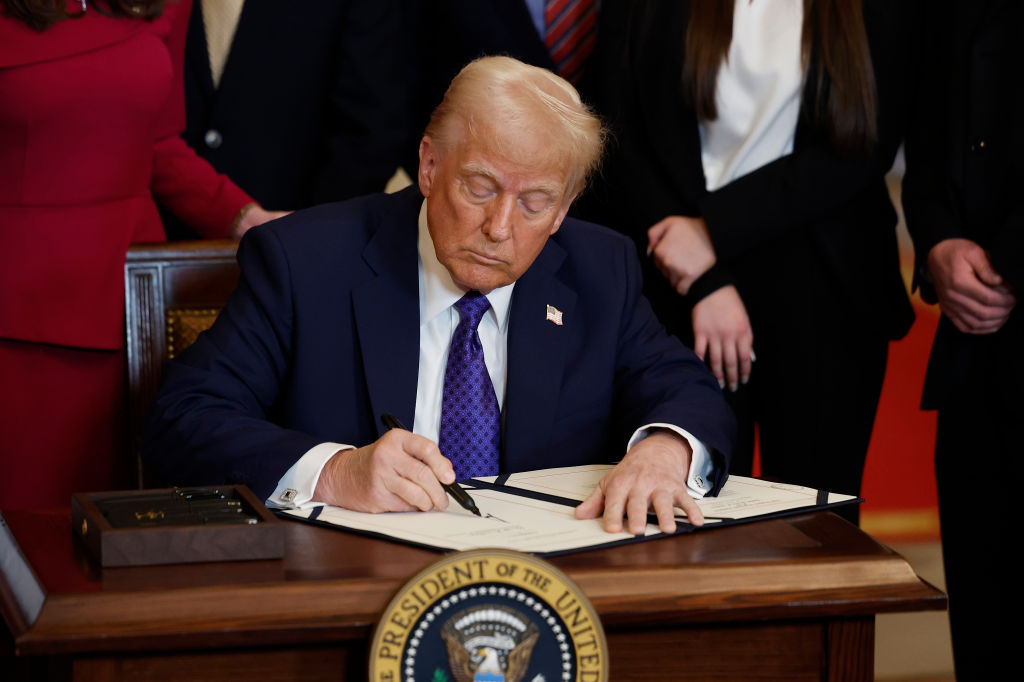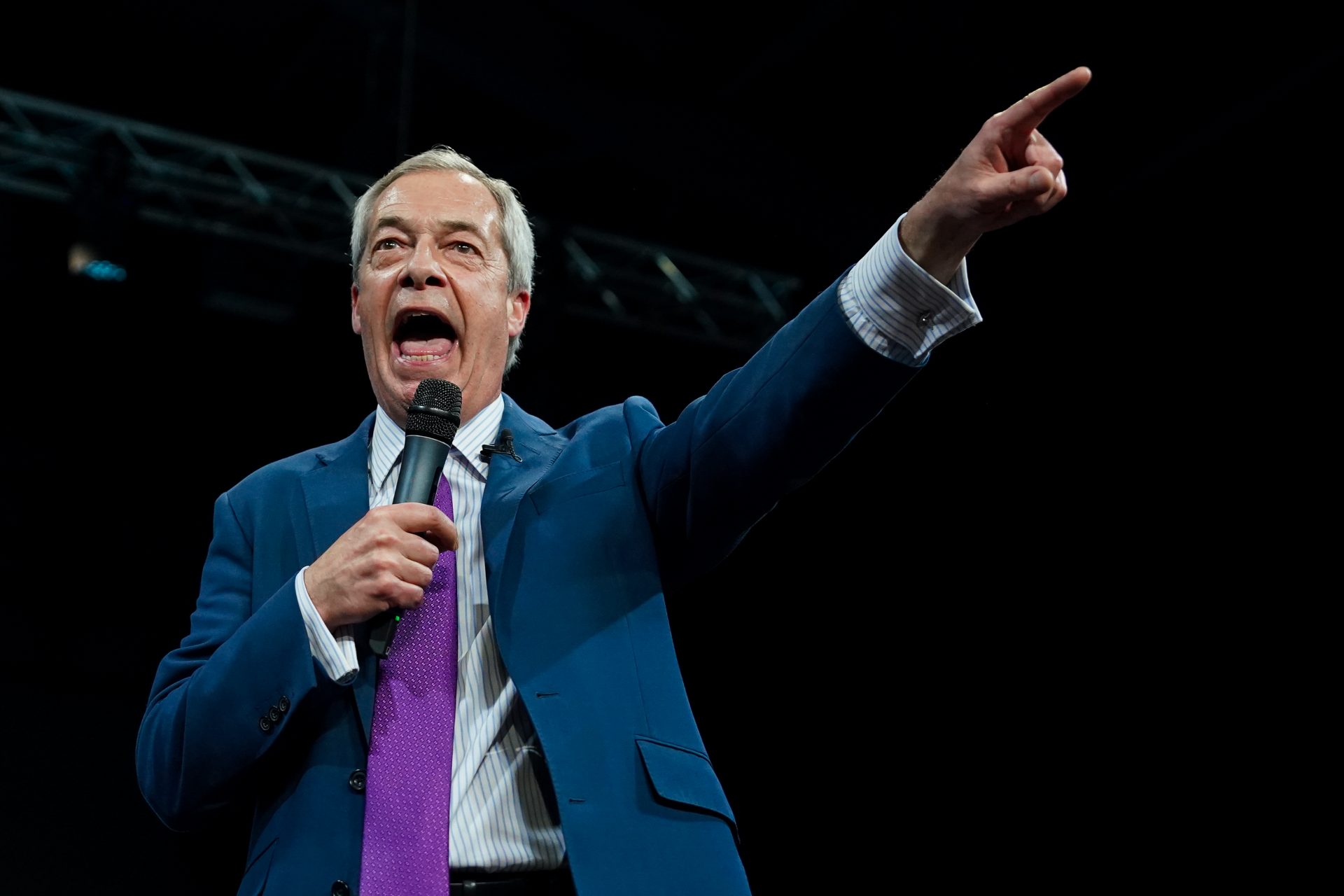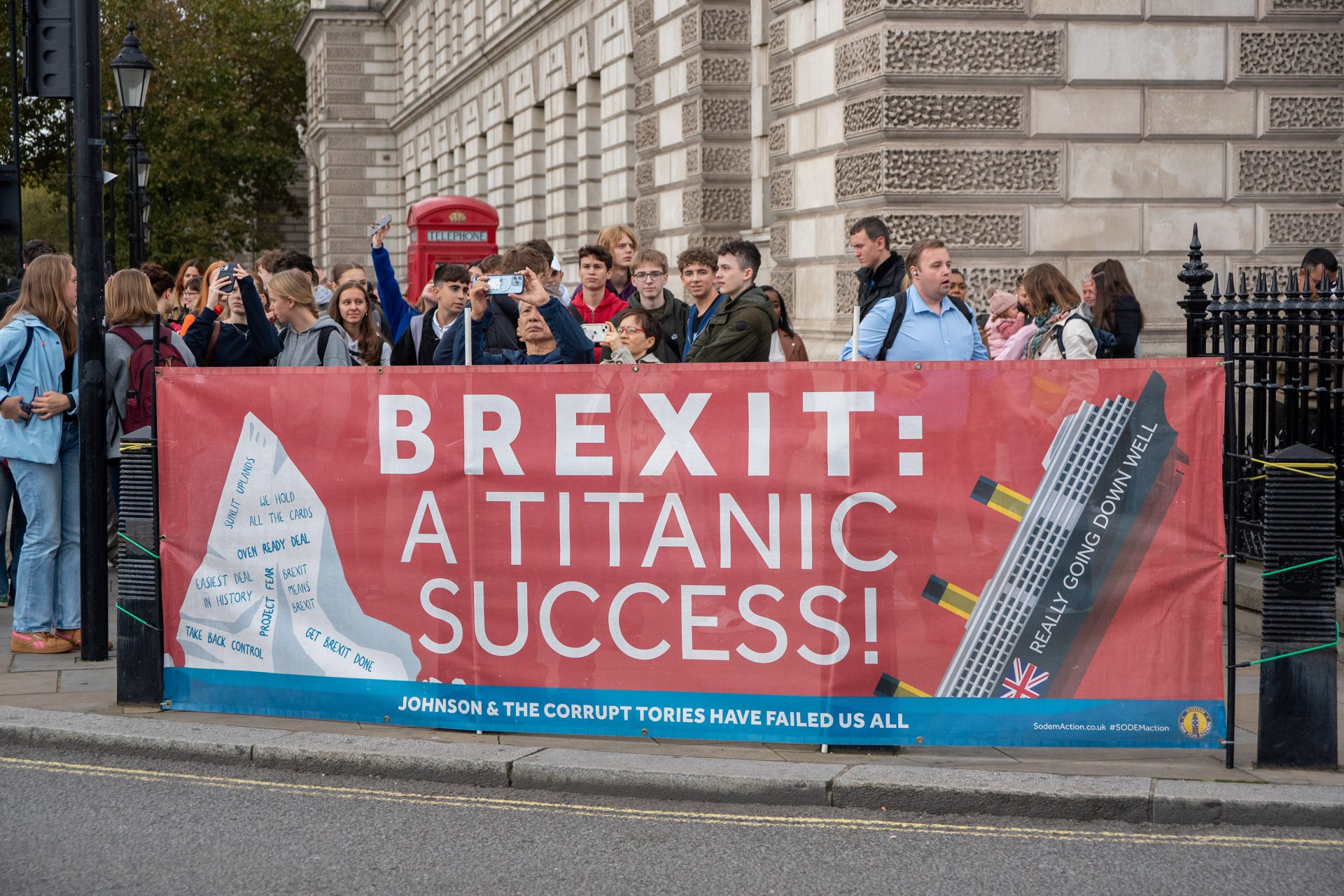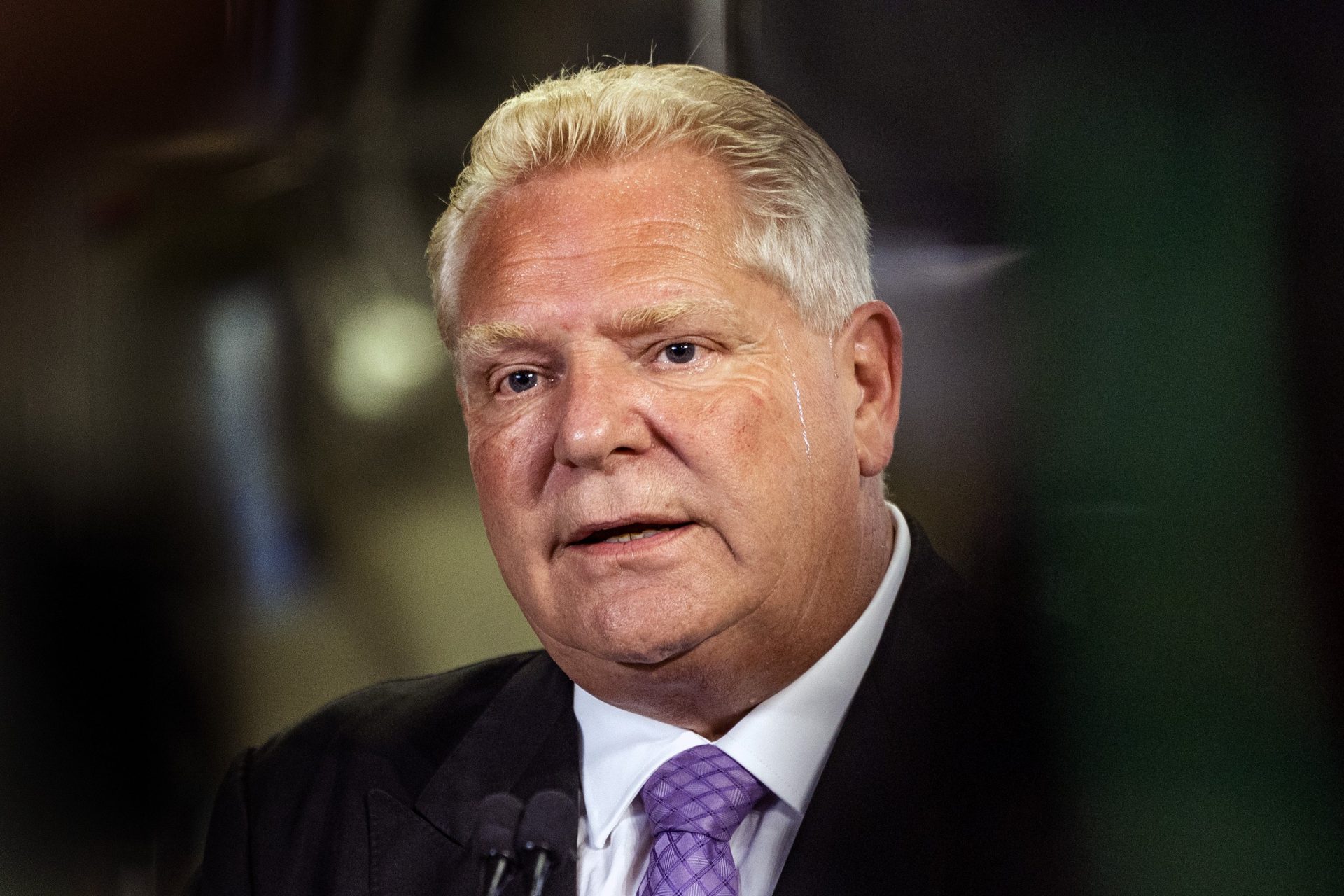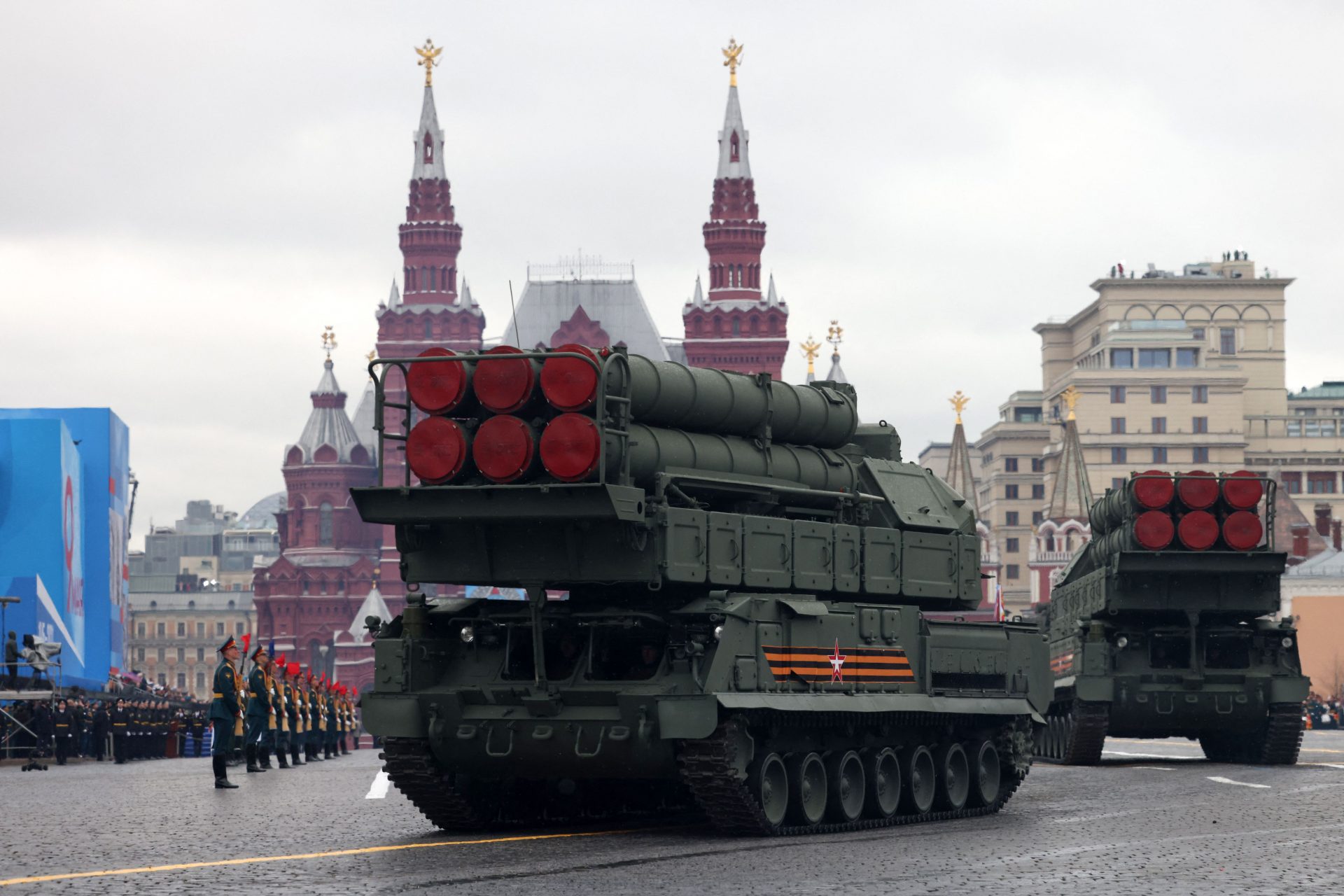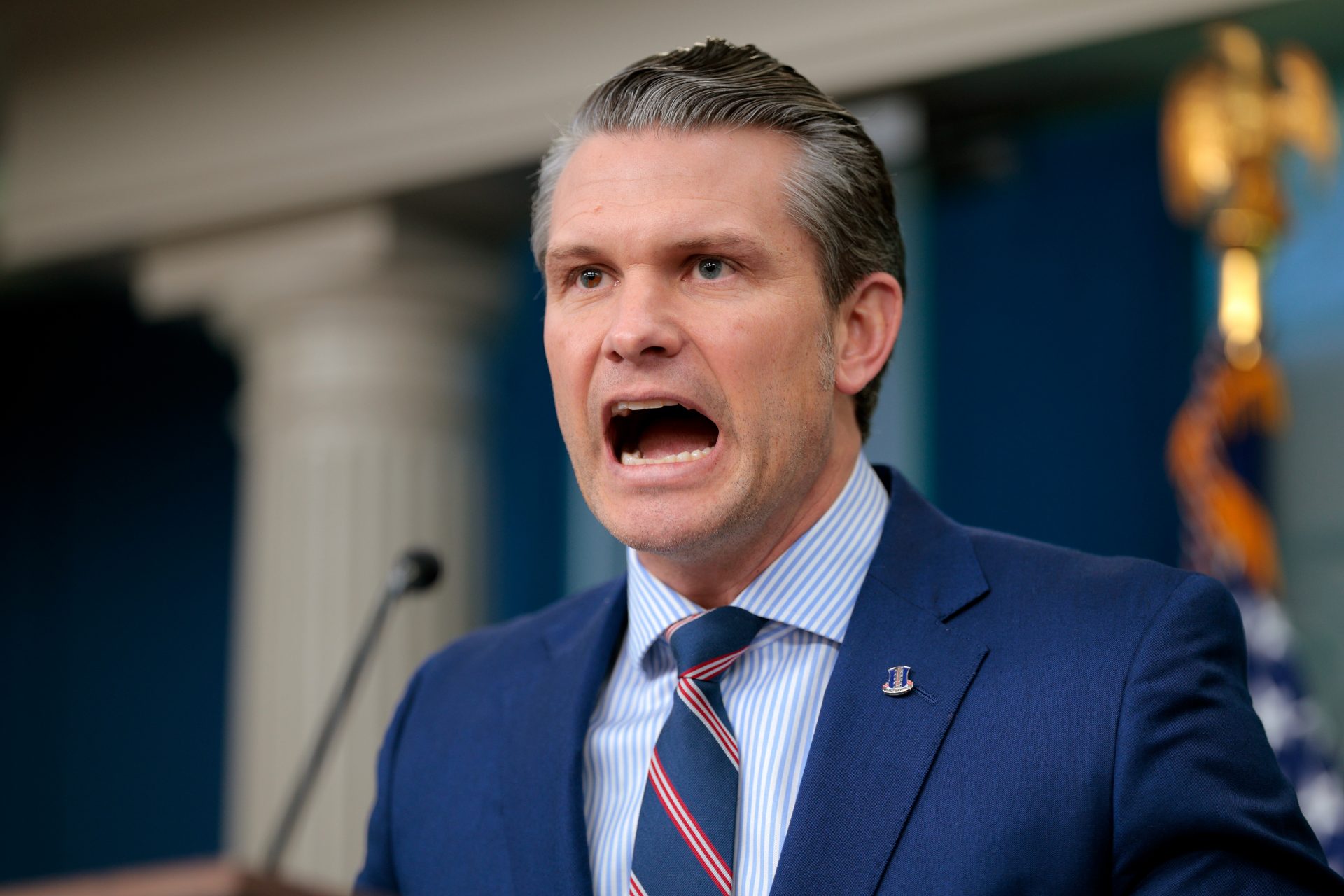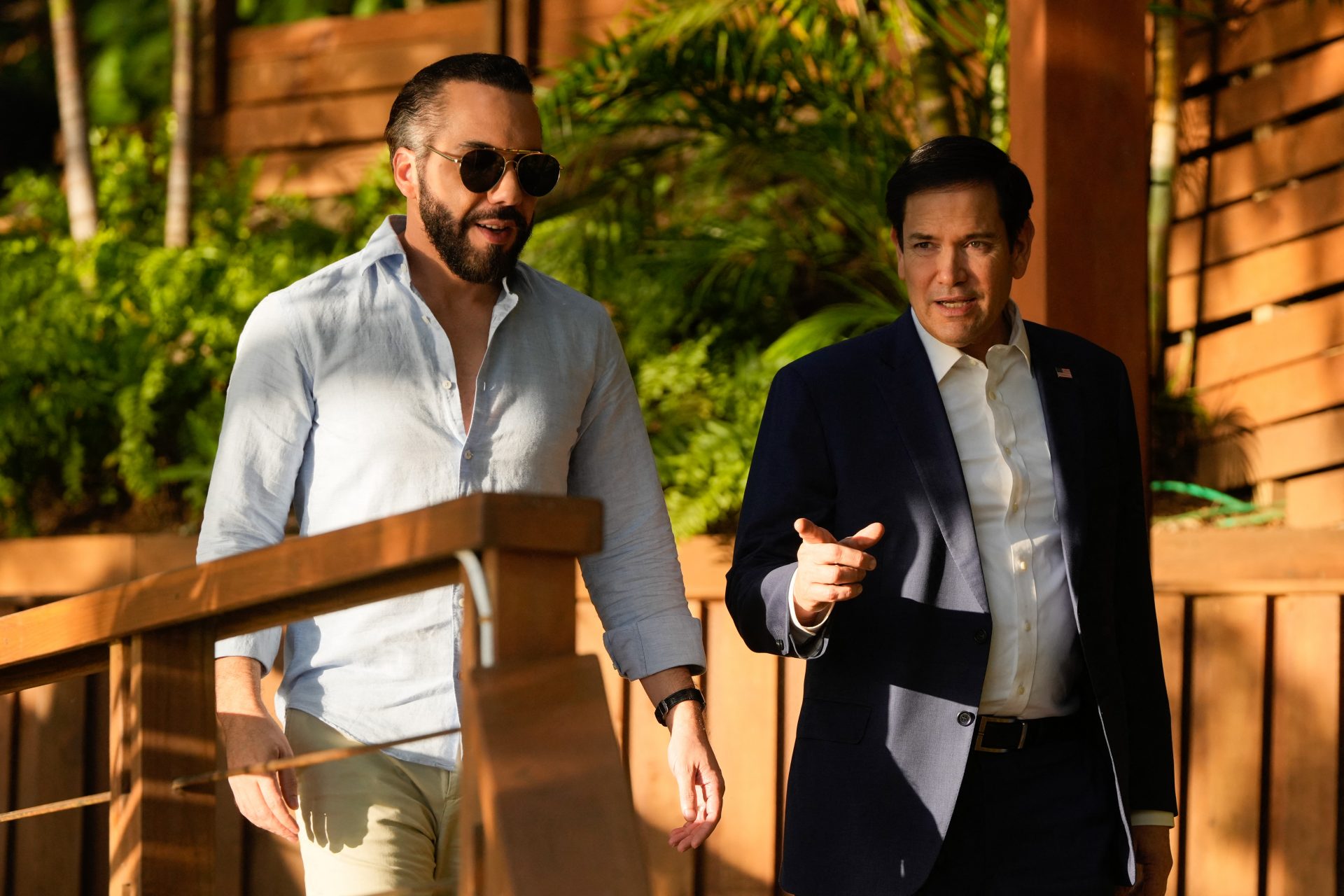Indonesia offers 30-year tax breaks to companies investing in new capital city
Reuters reports that the Indonesian government will offer a 30-year tax exemption to companies that will invest in the 32.5 billion-dollar project of building a new capital.
Nusantara, Indonesia's new capital city, is not open yet, but lots of people are talking about it but aren't always saying positive things.
The plan, Fortune magazine writes, is to make a “clean, green, hi-tech utopia”, full of modernistic buildings and surrounded by nature. All residents would be at a 10-minute walk from lush, open spaces. This is quite a contrast to populated, overcrowded Jakarta.
However, the relocation of the capital to the middle of the jungle has also brought criticism towards the 32.5 billion-dollar project and Indonesian President Joko Widodo.
“The big question, of course, is how and if they’ll achieve these ambitions,” explains Kian Goh to Science magazine. She's an urban planning student at the University of California, Los Angeles. “Planning scholars are by and large skeptical of plans for smart or sustainable cities ‘from scratch’”.
Environmentalists also question the increased deforestation in the jungle of Borneo, where the new city will be located.
Image: Joyce Romero / Unsplash
Ecologist Alex Lechner, of Monash University in Indonesia, spoke with Science magazine that the establishment of the new capital is “likely to be far greater than the direct impacts within the city boundaries unless carefully managed”.
Image: Jeremy Bezanger / Unsplash
Lechner puts the example of Brazil and how the highways connecting São Paulo and Rio de Janeiro to the capital city of Brasília increased deforestation in the Amazon jungle.
Pictured: Brasília.
Also, in the overall scheme of things, it doesn't seem that moving to Jakarta would change much. “Jakarta will still be the economic center of Indonesia (…) and still have to take on its social issues and environmental issues,” Goh comments to Science.
Indonesia announced the approval of its new capital back in January and will be built in stages until 2045.
Image: Eko Herwantoro / Unsplash
The Southeast Asian country, made up of 270 million people living spread over 17,000 islands, no longer will be governed by Jakarta (pictured) starting in 2024.
Jakarta, the current capital, is a city of 10 million people with a myriad of environmental and overpopulation problems. The Indonesian government hopes the relocation will help to alleviate this situation.
Another reason for the relocation, as cited by The Guardian, is that Jakarta is sinking due to excessive extraction of groundwater.
Northern parts of the city are submerged up to 25 centimeters (10 inches) every year. The Indonesian government estimates it will cost 40 billion US dollars to save Jakarta from sinking.
Constant floods are also a problem in the current capital of Indonesia. Science magazine reports that 25% of the capital area will be submerged by 2050.
President Joko Widodo announced the project in his State of the Union address in 2019. However, due to the Covid-19 pandemic, any further plans were delayed until this year.
In January 2022 the president announced that the new capital will be called Nusantara, which roughly translates to “archipelago” in Old Javanese.
The plan would seek to move the capital from Jakarta, located on the island of Java, to the region of Kalimantan, in Borneo.
One of the requirements for the location of the new capital was that it needed to be located far from earthquakes and volcanoes. It's in this jungle where the new capital will be erected.
However, this also has drawn criticism as it would affect the habitat of many animals, particularly primates.
Moving out of the island of Java, where half of 270 million Indonesians live, was also a necessity due to the overpopulation.
The plan is to fully move out to the new city within 10 years. Construction is expected to start in March 2022. Moving the capital will cost 32,4 billion US dollars, according to the BBC.
The Indonesian government was inspired by the establishment of Brasília in 1960.
Located in central Brazil, Brasília was meant to balance out the power and influence of coastal metropolises such as Rio de Janeiro (seen here in the 1990s), the former capital, and São Paulo.
The modernistic Brazilian capital was designed in the shape of an airplane by Lúcio Costa, Oscar Niemeyer and Joaquim Cardozo.
However, Brasília has drawn criticism due to its impracticality. For instance, the makers of the planned city expected most residents would have a car.
Indonesia isn't the first Asian country to move its national capital to a new, planned city. Neighboring Malaysia changed its capital from Kuala Lumpur to Putrajaya (pictured) in 2001.
However, the King of Malaysia and the country’s legislature still reside in Kuala Lumpur.
Pictured: The National Palace of Malaysia.
Meanwhile, Myanmar changed its national capital from the historical Yangon (pictured) to Naypyidaw in 2005. The name literally means “Royal Capital”.
South Korea also joins the club with Sejong, which is expected to fully replace Seoul by 2030.
The new South Korean capital is named after 15th century King Sejong The Great, who among other innovations created the Korean alphabet.
Africa also has had its share of planned national capitals. Abuja became the capital of Nigeria in 1991, replacing Lagos (pictured).
Another reason that Nigeria established Abuja as its national capital was having an independent city, outside the control of the three major ethnic groups that inhabit the country.
Then there's the case of Canberra, in Australia.
Declared capital in 1927, the city was a compromise between Sydney and Melbourne, the two largest cities in the country.
Probably the most famous planned national capital is Washington, D.C., which has been the capital of the United States since 1790.
British soldiers coming from Canada invaded and burned down Washington, D.C. in 1814. It was the only time a US capital has been taken over by a foreign power.
It took several decades to make the city we know today. When the Capitol Dome was finished in the 1860s, Washington, D.C. still had dirt roads and lacked basic sanitation.
Funny enough, the only US president to never live in Washington, D.C. was George Washington himself.
More for you
Top Stories










































